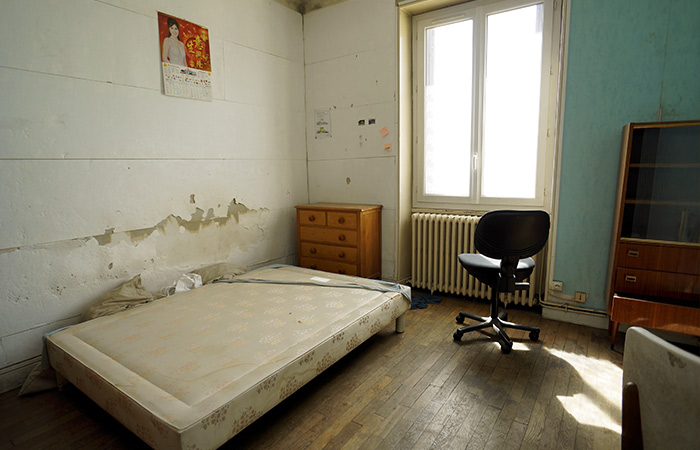Our CEO talks about how the current system for Temporary Housing is far from ideal.
We recently supported a woman who was fleeing domestic abuse to approach a local authority for housing. They offered her temporary accommodation where she would have shared a kitchen and bathroom with other people, all men, all with histories of violent offences. She was so afraid to take up this offer that she decided to stay in a squat instead.
Temporary accommodation is so unattractive that it can be used as a form of gatekeeping, meaning people do not take up their rights to housing.
What does that mean? Let’s step back.
Lots of people live in some form of temporary accommodation. This might be emergency accommodation for people fleeing abuse or violence, it might be assessment centres in which people live until professionals can get a better understanding of the person’s needs or it might be somewhere to stay until permanent accommodation can be found. This could be a hostel, a cheap hotel, or a shared house.
It is probably, sadly, inevitable that some people will be place in temporary accommodation for some time while something more suitable is found, especially in London where there is such a high demand for housing.
However, the current system is far from ideal. There are at least three problems:
Temporary accommodation is not temporary. People can wait for years before they are offered a permanent place. That means they are living with uncertainty and transience the whole time. Not putting down roots, not getting work, just waiting for a move that can take ages to come.
Temporary accommodation is not often good quality. The places can be damp, in need of repair and cramped with bedrooms that can barely fit beds, let alone space for homework.
Temporary accommodation is not suitable. It can be miles away, in a different town, far from people’s support networks, and it can mean sharing kitchens and bathrooms with strangers who have their own challenges in life.
People are well aware of these issues. So aware that housing officers can use temporary accommodation as a threat.
It is not uncommon to hear something along the lines of “We could help you but you’ll have to go into temporary accommodation first, and you know how that can be…”
The government’s vision for ending rough sleeping is that “it is prevented wherever possible, and where it does occur it is rare, brief and non-recurrent.” This vision will not be achieved if unsuitable long stay temporary accommodation continues to be used on the current scale.
Instead, we will see more repeat homelessness, as people abandon unsuitable temporary accommodation and return to council housing teams looking for support, and we will see more people taking risks and living in precarious and dangerous places rather than accept offers of unsuitable temporary accommodation.

